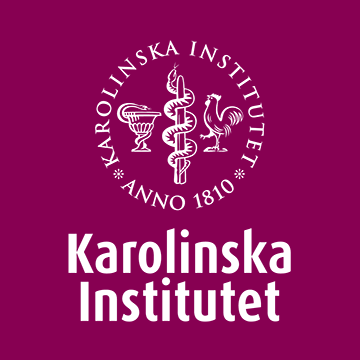More than two dozen companies and non-profit organisations have enlisted UNSW Business School students to solve challenges for their organisations, helping students prepare for the future of business.
UNSW Business students have solved 50 real-world problems for more than 30 businesses and non-profits using new technologies like Artificial Intelligence (AI) as part of a collaboration between UNSW and IBM.
The collaboration is part of IBM’s global commitment to provide 30 million people of all ages with new skills needed for the jobs of tomorrow by 2030 and to address critical skills shortages in Australia.
The Product Analytics course (part of the Master of Commerce Marketing Analytics specialisation and the Bachelor of Commerce Marketing major) gives students access to the latest IBM technology to create AI-powered virtual assistants that use natural language as part of their term project. The program aims to create an immersive experience in creating AI solutions and helps to prepare students for changes in the workplace.
IBM Technology Garage Leader, David Provest, said businesses across all industries, from e-commerce and marketing to healthcare and finance, are increasingly turning to virtual assistants to improve customer and employee experiences.
“Today and in the future, building virtual assistants is a career skill that is highly desired by both enterprise and start-ups as more organisations look to adopt AI,” he said.
“Many aspects of AI application and design thinking are not limited to technology and engineering students – instead, anyone can learn and add these skills to their toolkit and apply them to various parts of the business landscape. This is why IBM is committed to building partnerships with a range of organisations.”
Within the course, students are asked to briefly outline the organisation’s goal or mission, identify the business challenge, and consider whether their organisation already has a chatbot or why it might need a new one (for better customer service or for selling products, for example). The students must then identify customers’ needs using a design-thinking process before developing a chatbot.
Students working with a company called Scale Nomad created a lead generation chatbot, which means it can identify potential customers, initiate their interest in products or services offered by the business, form relationships, and answer customers’ questions in conversational English.
To date, 11 companies have expressed their interest in hiring student interns who worked for their chatbot projects during the past year. In addition, about 40 students have also been offered internship opportunities with the organisations they completed projects for to implement their proposed chatbots on their website or social media messenger.
UNSW Business School’s Jack Cadeaux, Professor and Head of the School of Marketing, said university education should challenge lecturers and students to jointly develop knowledge that will be relevant across a diverse and changing range of possible future scenarios.
“Not only will graduates be better suited to the work setting, but their performance and productivity will be enhanced as they continuously examine








